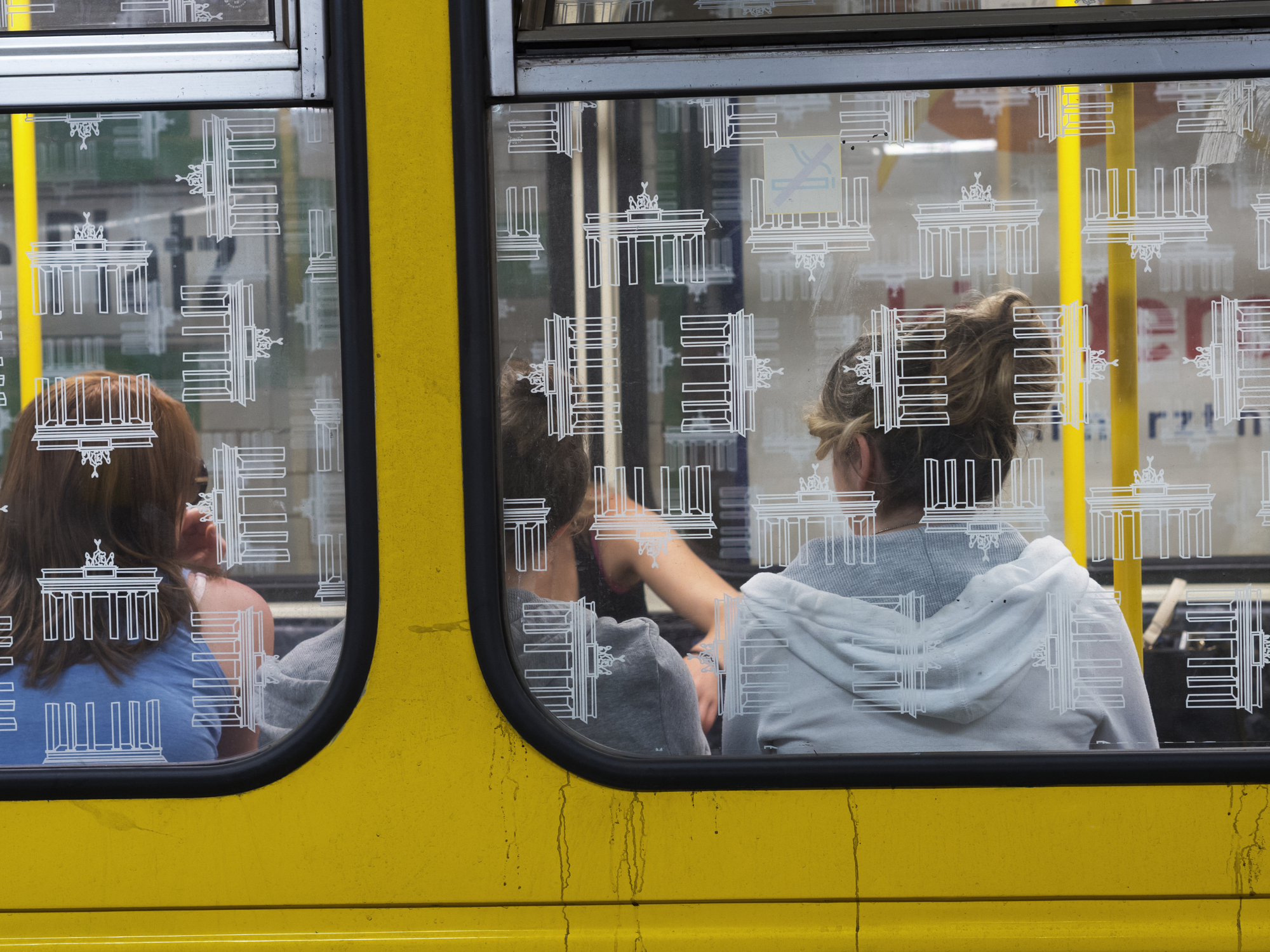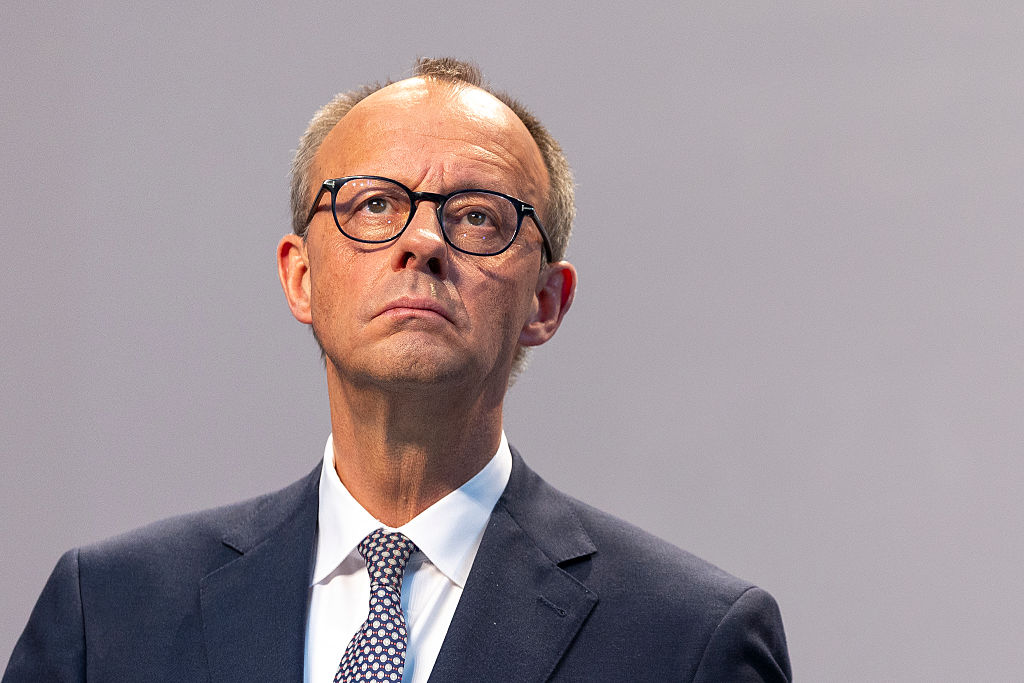The Swiss State railway company SBB has announced it was severing two train connections with Germany, effective immediately.
Since April 29, the EC7 connection from Hamburg to Interlaken and the EC9 from Dortmund to Zurich have ended at the main station of the border town of Basel. Passengers who wished to ride on to their Swiss destinations now have to change trains.
According to the SBB, the measure was instigated due to “major delays” of the trains from Germany. The trains in the opposite direction – EC6 from Interlaken to Hamburg and EC8 from Zurich to Dortmund – will continue to operate across the border without the need to change.
Since 2022 trains from Germany had been regularly delayed in arriving at Basel, SBB wrote. That had negatively impacted the punctuality of services within Switzerland.
The Swiss railway operator had, therefore, terminated the trains early in Basel intermittently in the past, usually when delays exceeded 10 to 15 minutes.
Now the splitting of journeys will stay in place at least until December when the new train timetable comes out.
German newspaper Welt on May 2 called the SBB’s decision “another embarrassment” for the German railway company Deutsche Bahn (DB).
The State-owned transport behemoth has repeatedly topped the lists of Europe’s most unreliable railway operators.
A study of 27 European railway companies published by NGO European Federation for Transport and Environment (T&E) in December 2024 ranked DB as bottom in the category of reliability.
In 2024, just 62 per cent of all DB long-distance trains reached their destinations on time – defined as a delay of less than six minutes. This was the worst level in at least 21 years.
Including regional connections, 71 per cent of travellers arrived “on time”. A DB spokesperson blamed the frequent delays on “outdated, fault-prone and overloaded infrastructure”.
Swiss railways conversely fulfil the highest standards of punctuality, topping the T&E ranking in the reliability category.
In 2024, more than 93 per cent of SBB trains arrived on time – “as punctual as never before”, the company rejoiced.
That was despite the fact that Swiss standards for punctuality are stricter than the German ones, defining “punctual” as the train arriving less than three minutes late.





